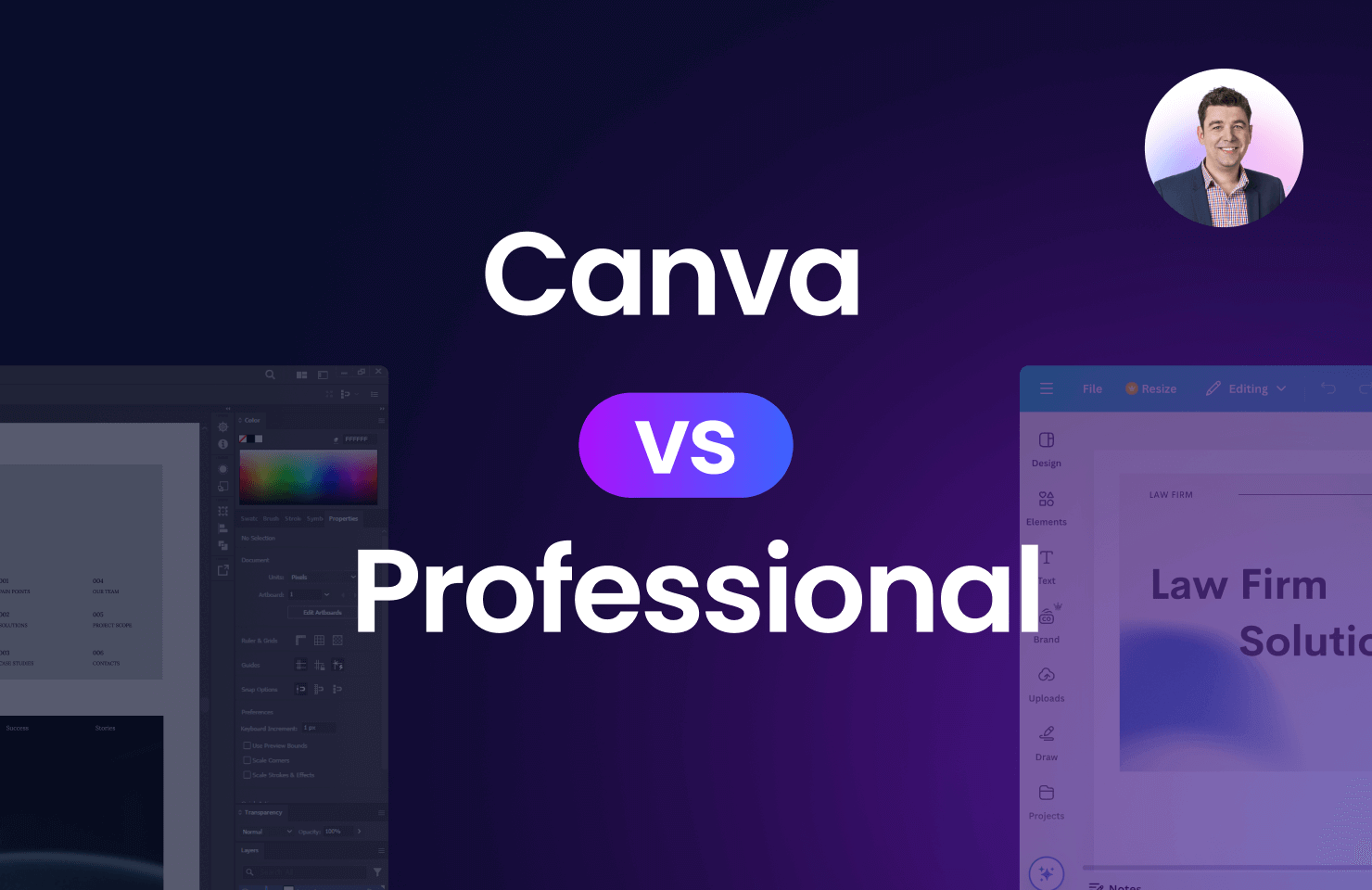A family lawyer from Wellington recently asked during our Q&A session: “I’ve just opened my own family law practice after 12 years at a mid-tier firm. Money’s tight, but I know our website needs help with SEO. Any DIY tips that actually work?”
This challenge is familiar to many lawyers who’ve made the leap to independence. You’ve established your practice, bringing years of expertise and a solid reputation, but your online presence doesn’t yet reflect your professional standing. The good news is that several effective DIY SEO techniques can significantly improve your visibility without breaking the bank.
Effective SEO doesn’t always require expensive consultants or technical expertise. With some strategic effort and a methodical approach, you can significantly improve your law firm’s online visibility and ensure that your digital reputation begins to match your real-world standing.
Start with a Google Health Check
Before making any changes to your website, it’s essential to understand how Google currently sees it. This simple diagnostic step can reveal issues that might undermine all your other SEO efforts.
Open Google and type site:yourdomain.com (replacing “yourdomain.com” with your actual domain). This command prompts Google to show all the pages from your website that it has indexed.
Review the results carefully, looking for:
- There are pages at all being indexed
- Missing pages that should be indexed
If you spot problems, you must consult your web developer to address these foundational issues before proceeding. All SEO efforts and the recommendations listed below rely on correct indexing.
Perform a Screaming Frog SEO Crawl
The next step is to run a more detailed check using Screaming Frog SEO Spider. This will give you a comprehensive list of all your URLs, broken links, pages appearing with incorrect titles or descriptions, and outdated pages that should be removed.
This may feel a bit daunting, but for this purpose, all it will provide us with is a big spreadsheet of information that’s going to be helpful to us uncovering what needs to be done in the next step.
For smaller and new firms, a free account should do the trick.
Screaming Frog’s quick start guide is a helpful resource.
In the guide, scroll down to ‘Starting A Crawl’ and then exporting the Data. Import this into a Google Sheet or Microsoft Excel file to get a comprehensive view of your entire site.
While we’ll cover detailed crawl analysis in a future episode, your immediate focus should be on identifying and fixing broken links (404 errors).
Create Dedicated Pages for Key Search Terms
One of the most effective SEO strategies is creating a dedicated page for each search term you want to rank for. This might seem obvious, but many law firm websites bundle multiple services onto a single page, making it harder for Google to determine relevance.
Your home page should focus on your firm’s name and primary service offering.
Individual profile pages are essential – not just a team page listing everyone. When someone searches for your name, Google needs a specific page to direct them to, and clients appreciate learning more about individual lawyers.
Service pages should be created for each practice area. As a family lawyer, you might have separate pages for:
- Child arrangements and custody
- Divorce proceedings
- Financial settlements
- Spousal maintenance
- Child support
Consider niche pages addressing specific questions potential clients commonly search for. Real examples from family lawyers include “Who gets the frequent flyer points in a separation?” or “Who gets the dog in a divorce?”
These targeted pages not only help with SEO but also demonstrate your expertise in addressing the specific concerns that keep potential clients awake at night.
Master the SEO Essentials for Each Page
Every website platform offers tools to optimise the fundamental SEO elements of each page. Focus on these four essentials:
URLs
Keep your page addresses clean, descriptive, and containing relevant keywords. For example:
- Good: yourdomain.com/services/child-support
- Poor: yourdomain.com/page2 or yourdomain.com/services?id=1234
Remove any numbers that indicate multiple publishing attempts (like /child-support-2/) and ensure your URLs accurately reflect the page content.
Page Titles
Page titles appear in browser tabs and as clickable headlines in search results. They should:
- Include your target keyword
- Be specific and descriptive
- Incorporate location information where relevant
- Stay under 60 characters to avoid truncation
For example, rather than simply “Bec Smith,” use “Bec Smith | Family Lawyer at [Firm Name] | Wellington”
Meta Descriptions
While not directly a ranking factor, meta descriptions appear in search results and influence click-through rates. Write a brief, compelling preview of the page content in 150-160 characters. Think of it as a teaser or mini-advertisement for the page.
Headings
Use H1 tags for your main page heading, and ensure it contains your primary keyword. Use H2 and H3 tags for subheadings to create a hierarchical structure that helps both readers and search engines understand your content.
Implement Strategic Internal Linking
Internal links help Google understand your website structure and distribute ranking power between pages. They also help visitors navigate to related content, increasing engagement.
When creating content:
- Look for opportunities to link relevant terms to their dedicated pages
- Use descriptive anchor text (the clickable words)
- Ensure links are natural and helpful, not forced
For example, if you mention “child support” in a blog post about divorce, link that phrase to your dedicated child support page.
This simple practice creates pathways for both search engines and users to discover more of your content, strengthening your overall site architecture.
Set Up and Optimise Your Google Business Profile
For local searches (like “family lawyer Wellington”), your Google Business Profile is often more important than your website SEO.
To optimise your profile:
- Claim and verify your business listing
- Complete every field with accurate, comprehensive information
- Ensure contact details are identical to those on your website
- Add high-quality photos of your office and team
- Select appropriate categories (at the time of writing, ‘lawyer’, ‘divorce lawyer’ and ‘family law attorney’ are all options)
Most importantly, actively solicit reviews from satisfied clients. High-quality, authentic reviews significantly improve your visibility in local searches and build trust with potential clients conducting due diligence.
Build Your Backlink Profile
Backlinks – links from other websites to yours – remain one of Google’s most important ranking factors. They act as “votes of confidence” in your expertise.
While building backlinks takes time, several opportunities are particularly valuable for new law firms:
- Professional associations and law societies
- Legal directories (both paid and free)
- Local business associations
- Alumni networks
- Referral partners (accountants, mediators, etc.)
- Guest posts on legal blogs or publications
Simply reaching out and asking for these links can be surprisingly effective. Many organisations are happy to link to their members or partners – they just need to be asked.
Prioritise for Impact
With limited time and resources, focus on these SEO techniques in order of impact:
- Fix any issues found in your Google health check
- Create dedicated pages for your key services and expertise areas
- Optimise page titles, URLs and meta descriptions
- Set up and optimise your Google Business Profile
- Implement internal linking
- Begin building backlinks
Remember that SEO is a marathon, not a sprint. These fundamental techniques will build a solid foundation that improves over time, helping your online reputation gradually catch up to your real-world expertise.
Join Our Community of Growth-Focused Legal Leaders
Found this helpful? Join our weekly live Q&A sessions where we answer questions like this from law firm leaders.
Subscribe to our email list to:
- Get invites to our live Q&A training sessions
- Submit your questions for upcoming sessions
- Access our full archive of answers
Have a specific question? Submit to paul.evans@pillarscroll.com

Paul Evans is a legal marketing expert with extensive experience helping lawyers build their practices.



